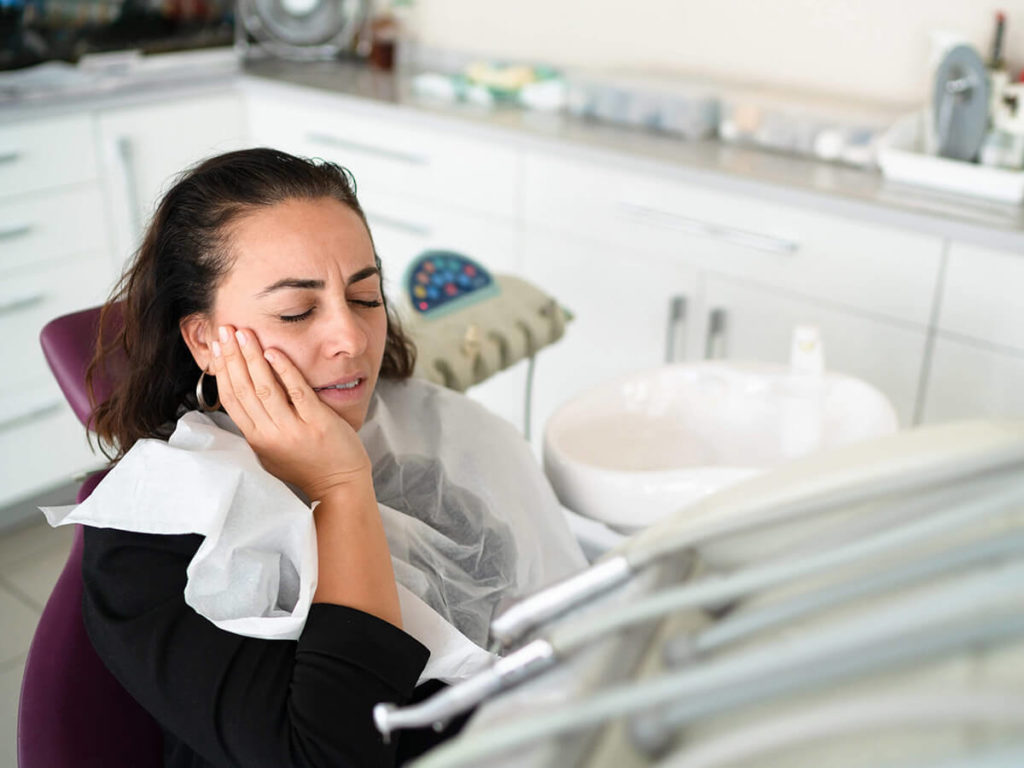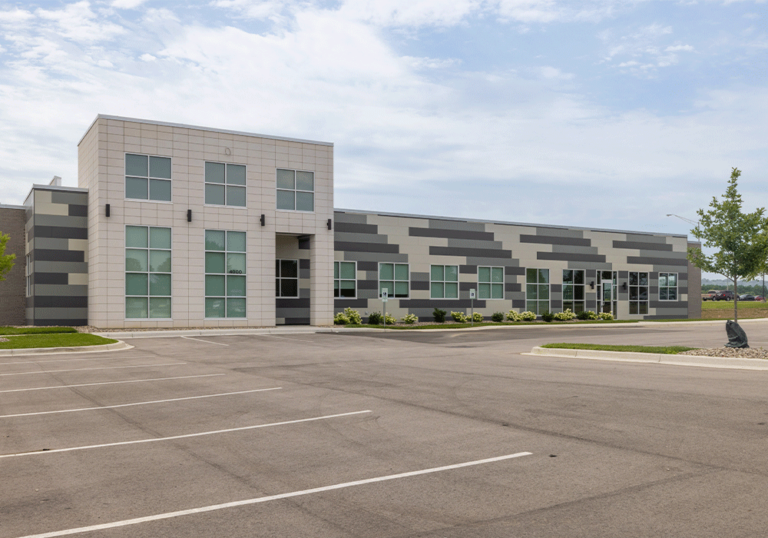Emergency Dentistry
Dental problems aren't planned, and appointments can't always be scheduled in advance. When you need emergency dentistry services we will work to restore your smile as quickly as possible so that you can put the pain and the injury behind you.

-
What is a dental emergency?
-
What’s the best way to handle a dental emergency?
-
What should I do if I have a knocked out tooth?
If you have a knocked-out tooth, follow these steps promptly to improve the chances of saving the tooth:
- Handle the Tooth Carefully: Pick up the tooth by the crown (the top part that’s usually visible in the mouth), not the root. Touching the root can damage delicate tissues necessary for reattachment.
- Rinse the Tooth (if necessary): If the tooth is dirty, gently rinse it with water. Avoid scrubbing or removing any attached tissue fragments.
- Attempt to Reinsert the Tooth (if possible): Try to place the tooth back into its socket, making sure it’s facing the right way. Hold it in place by gently biting down on a clean cloth or gauze.
- Keep the Tooth Moist: If you can’t reinsert the tooth, store it in milk, saliva, or a tooth preservation solution recommended by your dentist. Avoid storing it in water, as this can damage the delicate root cells.
- Seek Immediate Dental Care: Contact your dentist or emergency dental clinic right away. Time is critical in saving a knocked-out tooth, so aim to see a dentist within 30 minutes if possible.
- Manage Pain and Bleeding: Use a cold compress or ice pack wrapped in a cloth to reduce swelling and alleviate pain. If there’s bleeding from the socket, apply gentle pressure with a clean cloth or gauze.
Remember, the chances of successfully reattaching a knocked-out tooth decrease with time, so act quickly and seek professional dental care as soon as possible.
More Questions?
If you have more questions about urgent and emergency dental care, please contact our office and we will be happy to discuss further.

